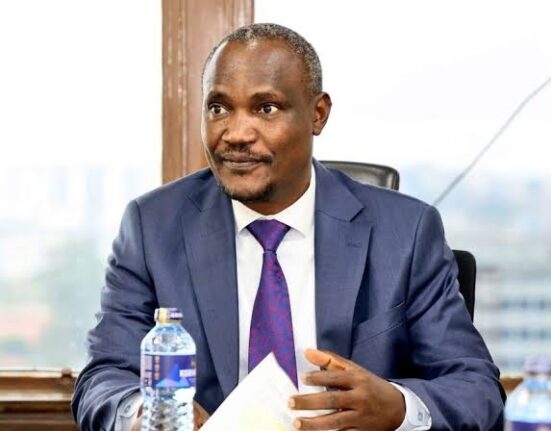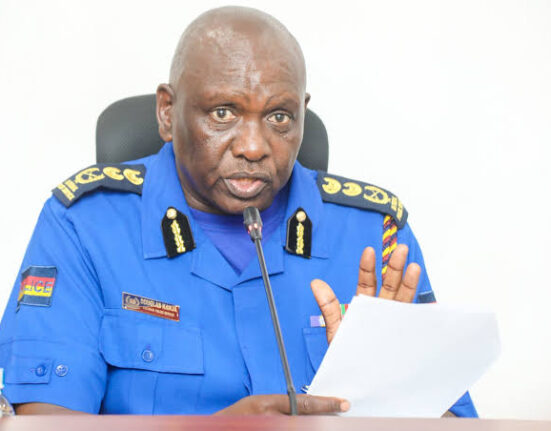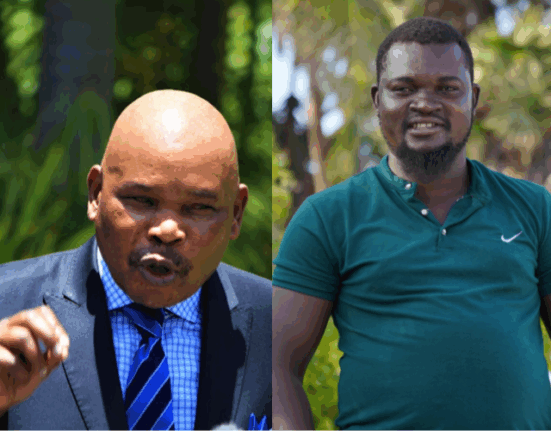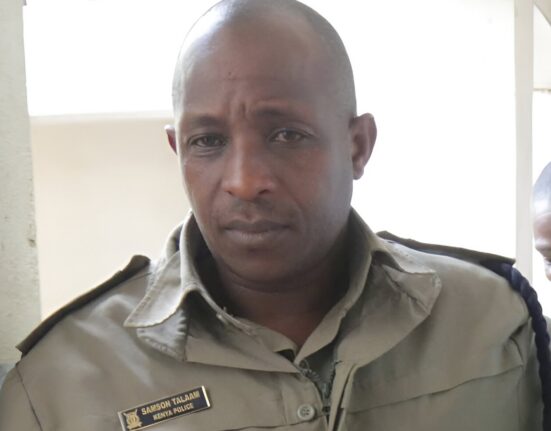The suspicious death of Albert Omondi Ojwang has not only raised alarm among ordinary Kenyans but also sparked outrage in the Senate, with lawmakers demanding accountability from police and private corporations suspected of aiding the arrest.
Ojwang, a teacher and outspoken voice online, died mysteriously in police custody after being transferred from Homa Bay to Nairobi. While police claim he committed suicide by hitting his head on a wall, an autopsy revealed multiple injuries suggesting assault and strangulation.
These findings have further intensified public anger, with many questioning how the police traced him so quickly, and whether Safaricom, Kenya’s largest telecom company, shared his personal data with authorities.
During a heated Senate session, several legislators openly challenged the official police narrative and called for wider investigations.
Nandi Senator Samson Cherargei went further, accusing Safaricom of playing a role in the chain of events that led to Ojwang’s death.
He questioned how the police were able to locate and apprehend Ojwang so efficiently, implying that Safaricom may have released private location data to the authorities.
He insisted that companies like Safaricom must not be left out of accountability when people end up dead under suspicious circumstances. Cherargei called for a judicial inquiry not only into police misconduct but also into how private entities like Safaricom collaborate with the state behind closed doors.
This is not the first time Safaricom has come under scrutiny for alleged data breaches linked to state operations.
In 2024, the Kenya Human Rights Commission had already flagged Safaricom for reportedly giving state officers unrestricted access to customer data. Despite multiple warnings, the company dismissed those concerns, insisting that it only acts on valid court orders. Yet, in Ojwang’s case, the public is not convinced.
The timeline of events, starting from his arrest to his sudden death, has exposed serious gaps in transparency that Safaricom has yet to address publicly.
George Njoroge even questioned whether CEO Peter Ndegwa should take responsibility if it turns out the company acted outside the law. His remarks lit a fire online, with a number of Kenyans joining calls for Safaricom to reveal whether they handed over data, and if so, under what authority.
Safaricom has so far issued general statements, sticking to its routine defense that it operates within the law. However, this is no longer enough. People are demanding to know whether there was a specific data request concerning Ojwang and what kind of legal backing it had.
If it turns out that no court order existed, then the company could be in breach of Kenya’s Data Protection Act, and by extension, complicit in the death of an innocent citizen.
Safaricom enjoys immense trust as the main telecom service provider in the country, but with that power comes responsibility and the current silence from the top leadership only deepens the suspicion.
Many Kenyans are now calling for more than just answers. They want action. Some have even begun encouraging others to boycott Safaricom’s services until the company provides full disclosure.
The pressure is not just coming from the streets but also from the floor of Parliament. Senators like Cherargei have reminded both the government and private corporations that silence in such matters amounts to complicity.
It’s not enough to arrest low-level officers while protecting powerful players who may have enabled the arrest and tracking.













Leave feedback about this